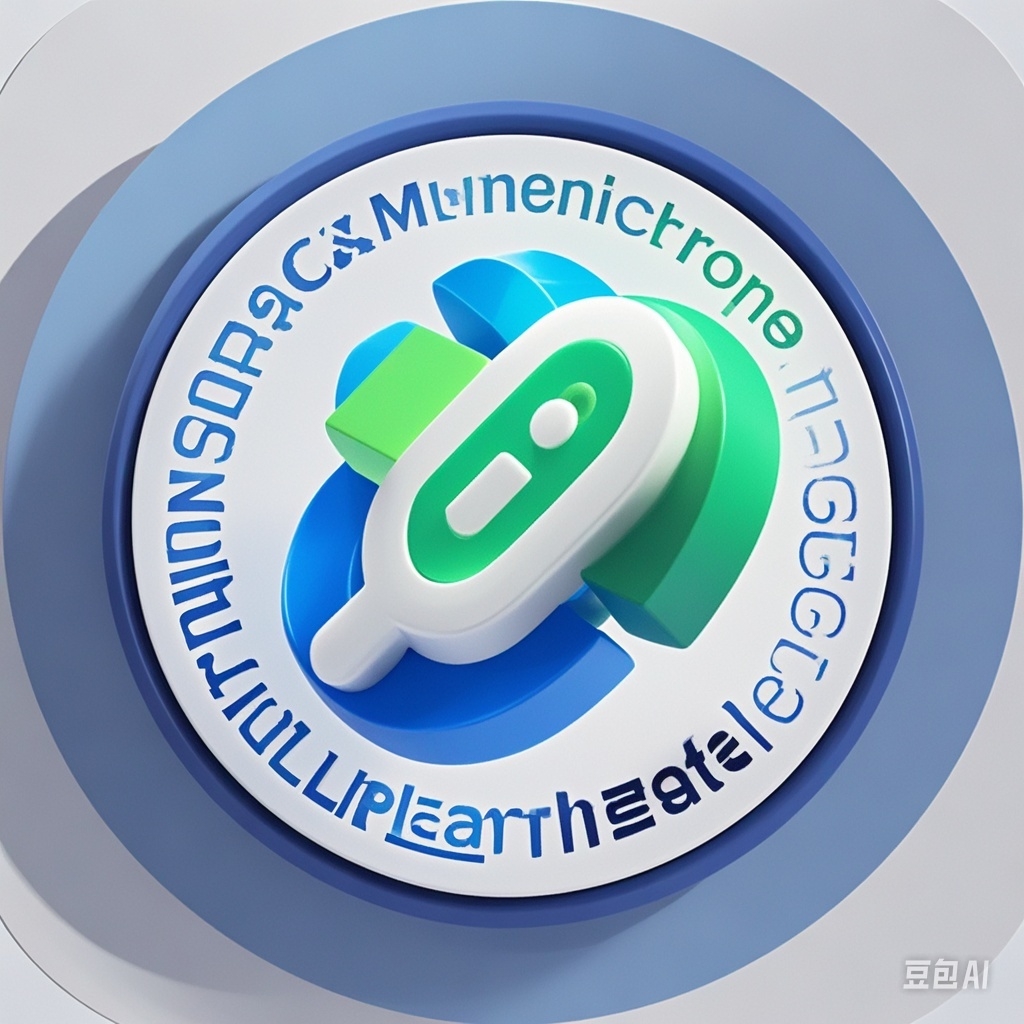获取结果失败,请稍后再试。

智能问答助手

结合文献知识库,保留通用大模型的能力,为您提供知识问答服务!
通用大模型
RAG知识库问答

Ben Moussa, Amor , Mzali, Houcem , Elmejri, Hatem , Salem, Sarra Bel Haj
2019-12-23 null null null(卷), null(期), (null页)
The hydrogeochemical investigation of groundwater in the Lower Medjerda Valley helped to identify factors affecting groundwater mineralization in a Mediterranean context. Major elements hydrochemistry demonstrate that groundwater composition is mainly influenced by evaporate dissolution, dedolomitization and cation-exchange with clayey minerals, relatively abundant in semi-arid environments. On the other hand, the excessive use of fertilizers has played an important role in the contamination of groundwater with high nitrates contents related to the phenomenon of return flow of irrigation water. Others parameters, such as the electrical conductivity and SAR (sodium adsorption index, also known as alkalizing power) have been used to determine the suitability of the studied water for irrigation. These two parameters demonstrate, generally, a deterioration of the water quality for irrigation and consequently a risk of soil salinization.